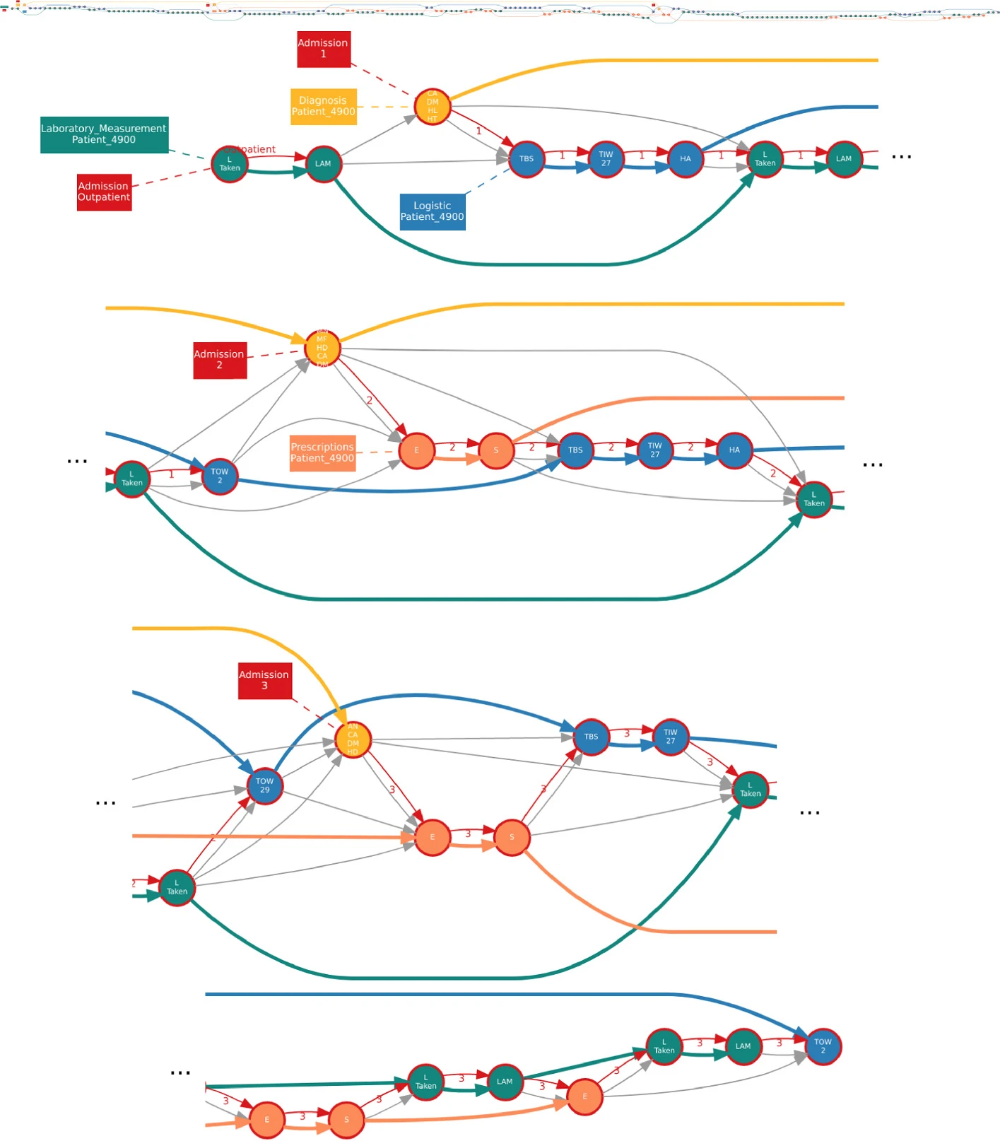Coordination and resource allocation in complex health systems
Coordination and resource allocation in complex health systems, the case of multimorbid patients
By exploring the challenges of serving multimorbid patient groups, the project aims to create a coordination and resource allocation framework for how to more effectively manage the complexity faced by hospitals, while maintaining high quality of care. This is crucial in order to realize the Health&care21 strategy. The project particularly focus on the resource and organizational aspects, and the research is based on the broad, multidisciplinary research activity conducted by the research team. The object of the project is to explore and contribute to theoretical and managerial concepts, models and methods for how to manage complexity in hospitals.
The project consists of the following three work packages:
1: Organizational Design
Due to the extent and impact of patients with the co-occurrence of multiple chronic conditions in healthcare systems, and the focus of contemporary health policy on the delivery of interdisciplinary non-fragmented care; efforts to design new care systems or to systematically reorganize the existing ones have been taken. Policymakers and healthcare practitioners are attempting to move toward a seamless form of care – i.e., continuous communication and coordination around multidisciplinary departments and teams while providing services to an individual. Organizationally, achieving this form of care implies the integration of work under conditions of high levels of interdependence, which, for this work package, implies the exploration of the need to extend coordination beyond individual health care organizations, and the creation of a dynamic relationship between intra- and inter-organizational coordination mechanisms applied to encompass the whole treatment for a given patient.
2: Standardization and digitalization of care pathways
Care pathways are a set of time-framed events focused on a specific situation that deliver guidance about how to deal with situations that appear during the process of diagnosing and treating health conditions. The primary goal of standardizing and digitalizing (parts of) care pathways is reducing variability. Achieving this reduction is especially beneficial in the case of care pathways for multi-morbid patients because high variability and uncertainty lead to coordination challenges and fragmented care.
In this work package we will focus on three related research questions:
- What elements of a patient trajectory should be standardized across several cases, and which elements should remain case specific?
- What elements of a patient trajectory lend themselves to being digitalized? How can we digitalize them?
- How can we develop a comprehensive standardization and digitalization methodology for care pathways of multimorbidity patents?
We will use techniques from the field of process mining for discovering and analyzing care pathways, using real patient data from clinical information systems. A first step in this direction is presented in the Figure below.
3: Decision support models for resource allocation
An efficient healthcare system requires more focus on planning and organizing when patients suffer from the occurrence of two or more diagnosable and chronic diseases or conditions, so called multi-morbid patients. The effective treatment of multi-morbid patients relies heavily on the integration of service units in hospitals because it includes different patient care pathways and, as result, numerous appointments with multiple teams of therapists. The aim of this work package is to develop decision support tools based on optimization and simulation techniques, to solve complex scheduling problem at St. Olav’s hospital. Hence, optimization-based scheduling models are proposed to address the multi-appointment, multi-disciplinary problem for patients suffering from multiple disorders.

